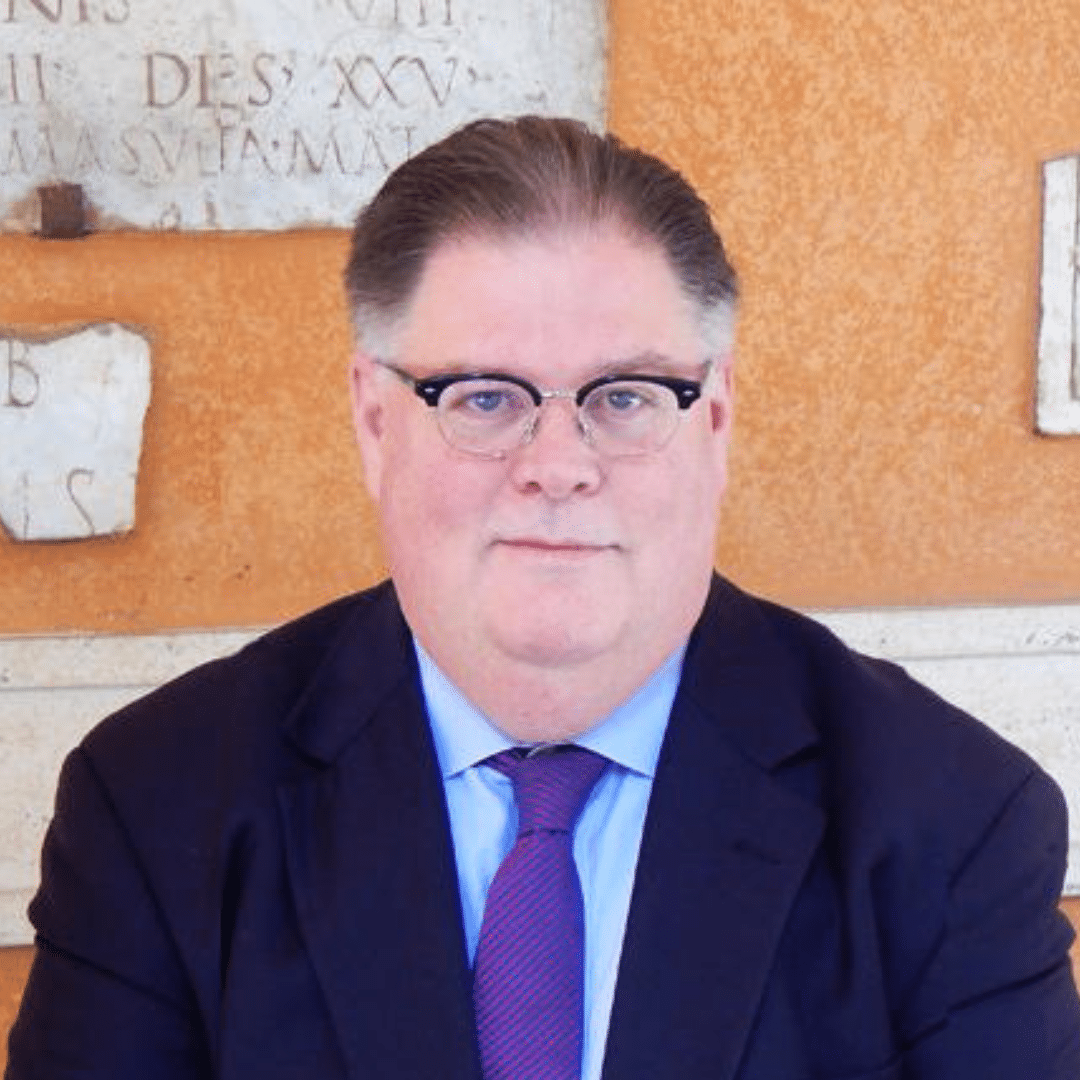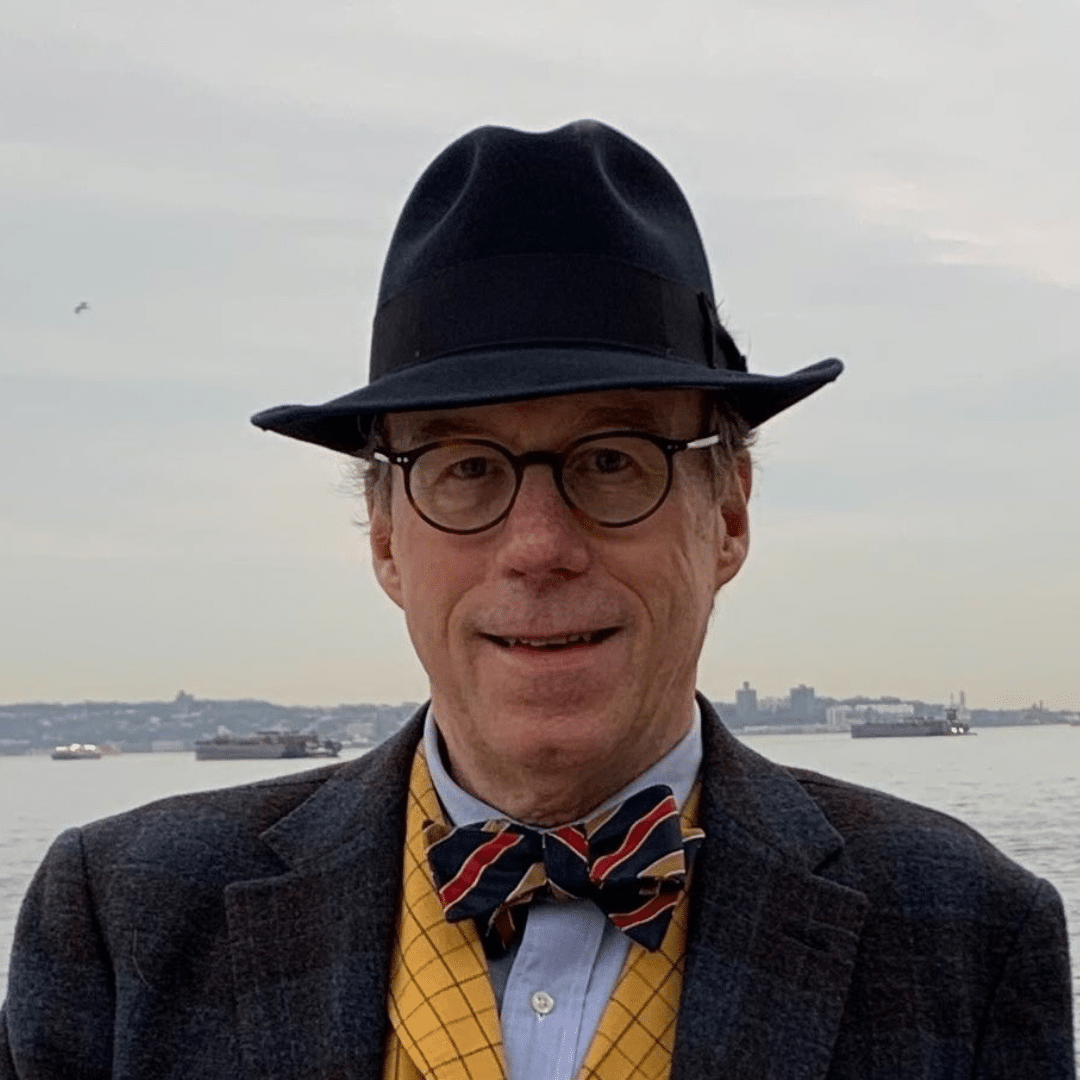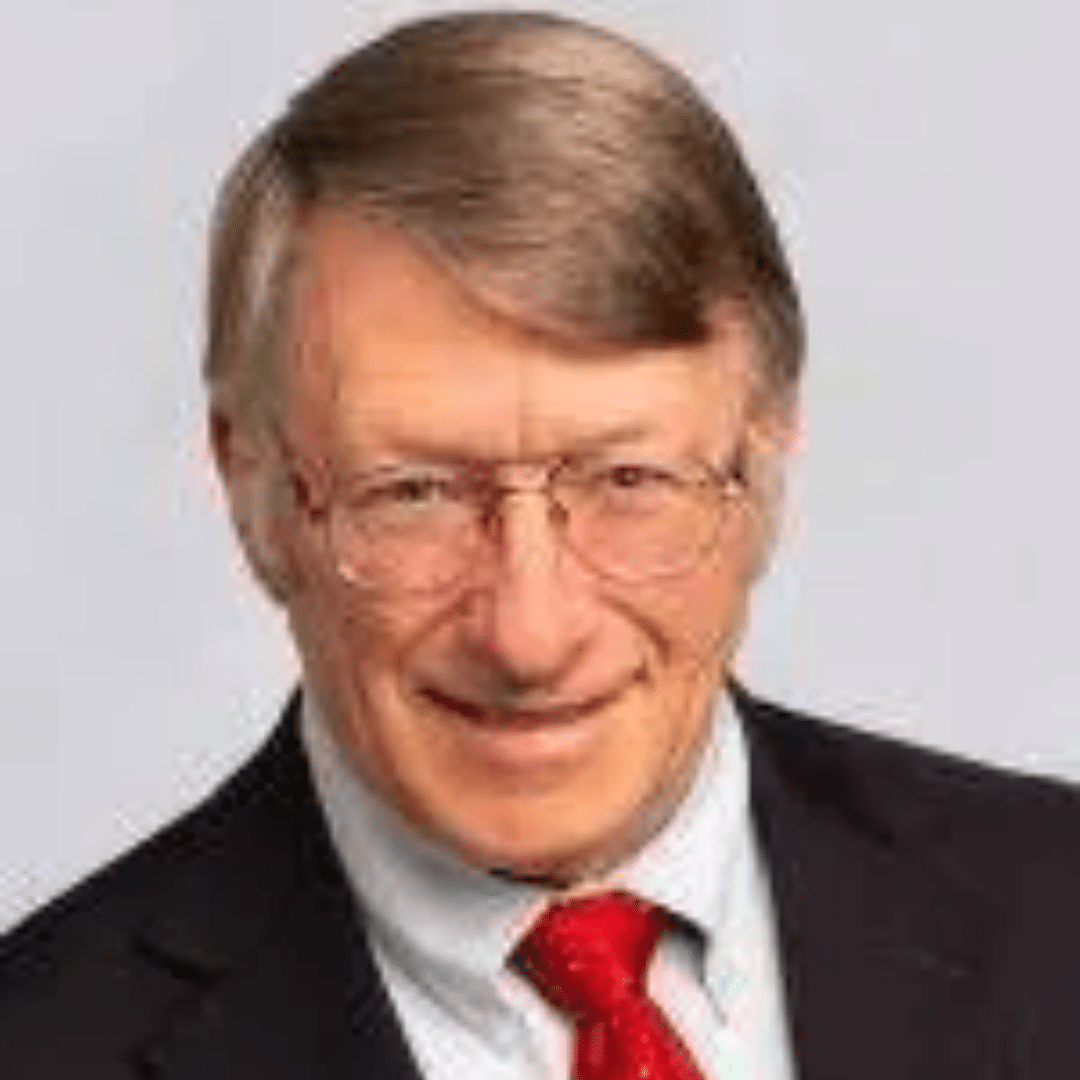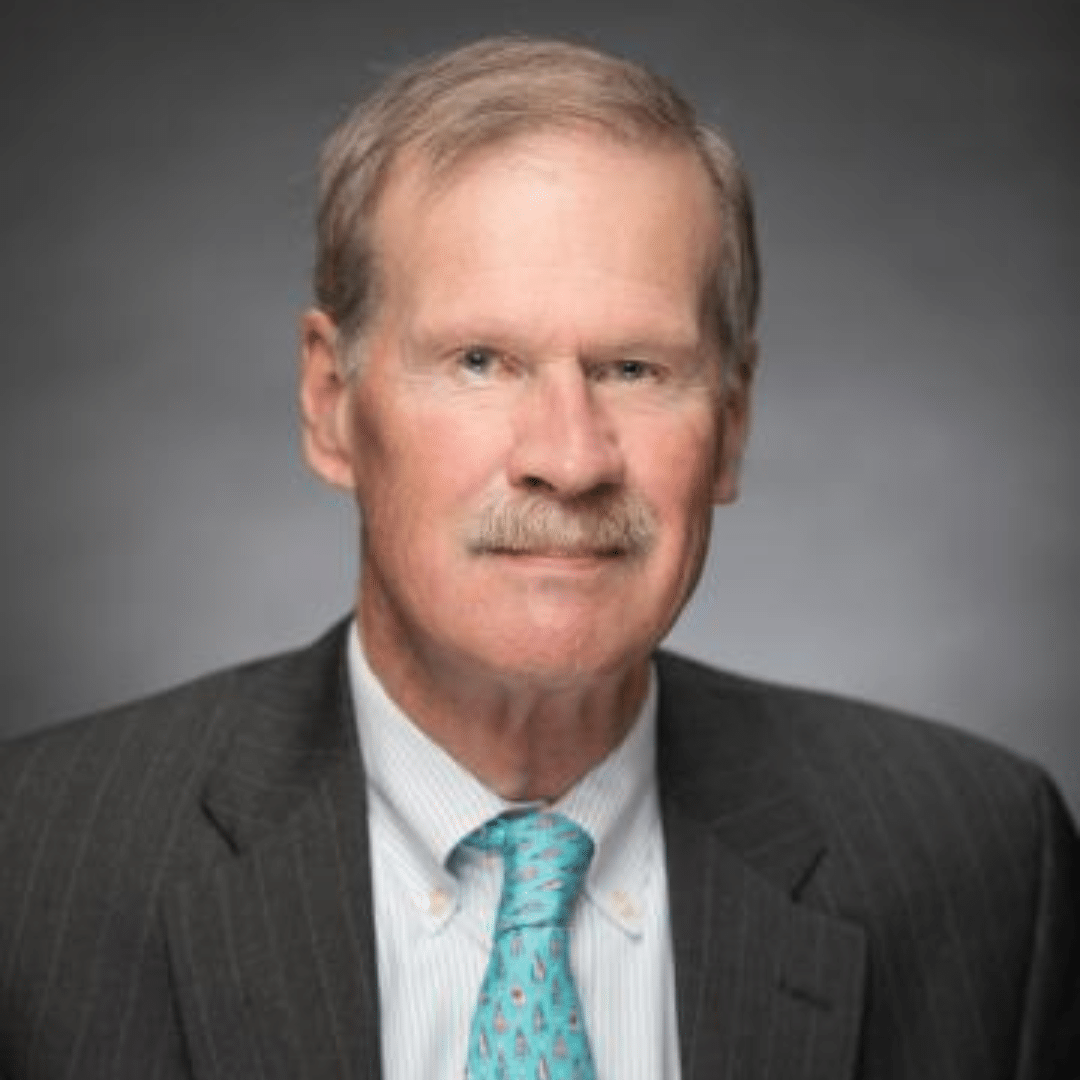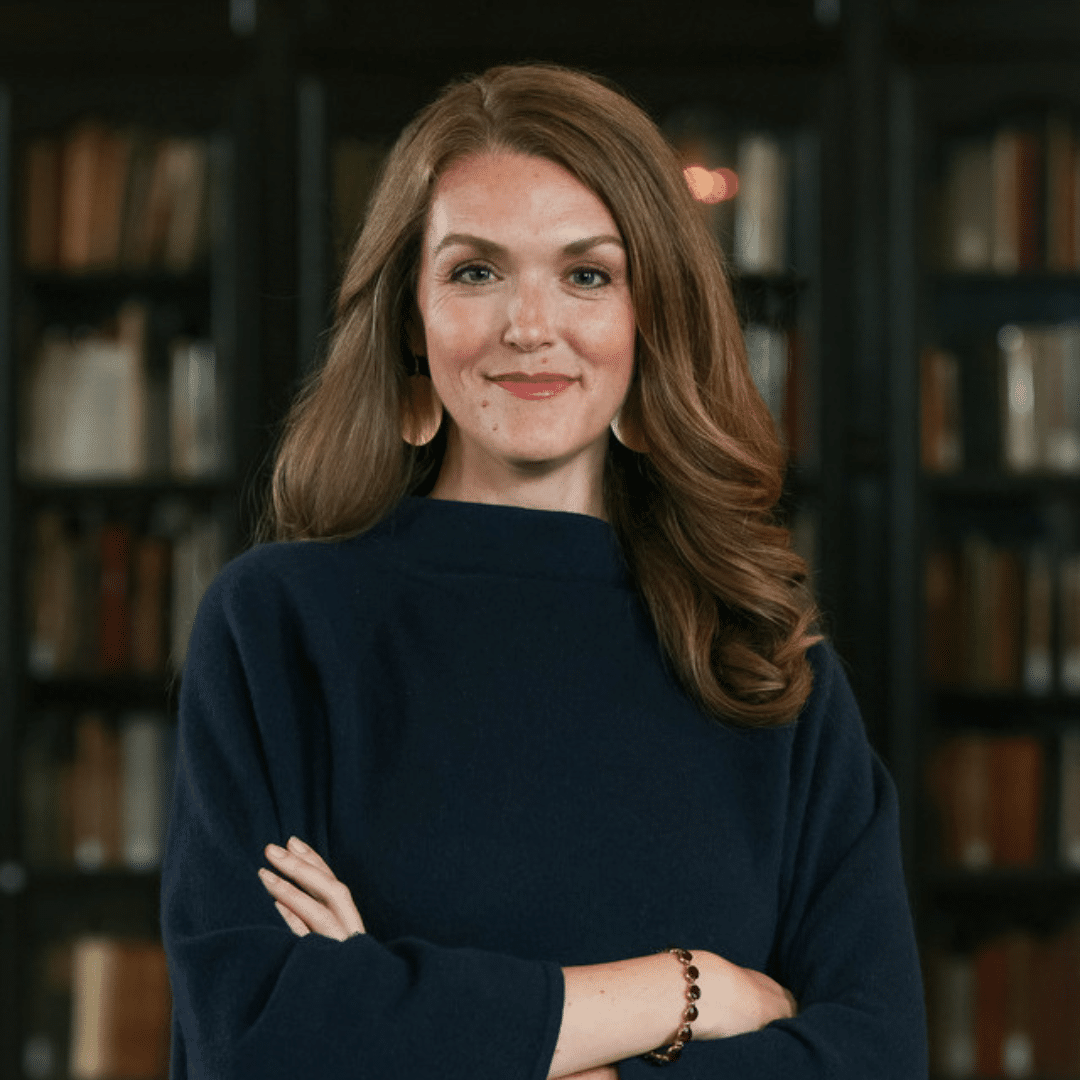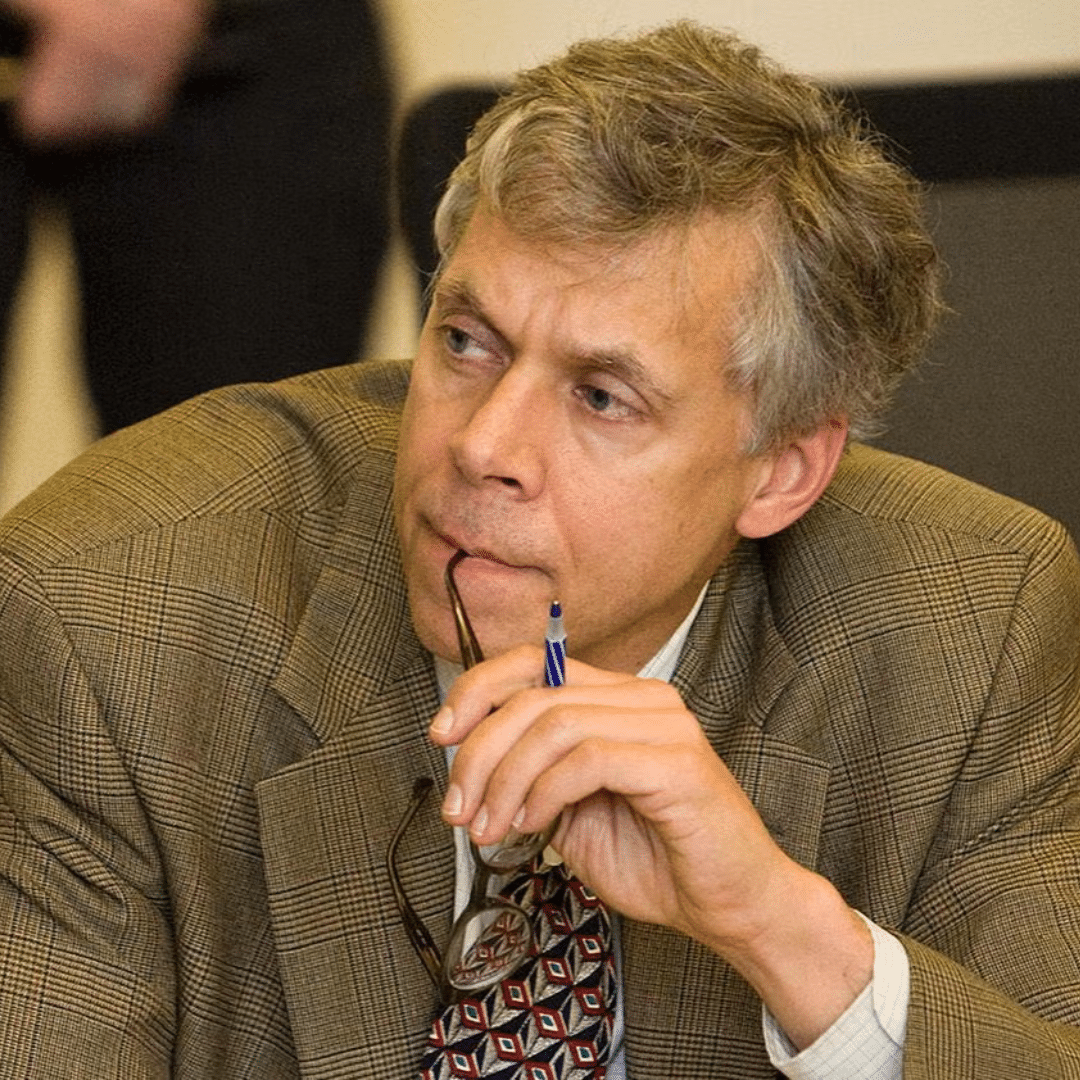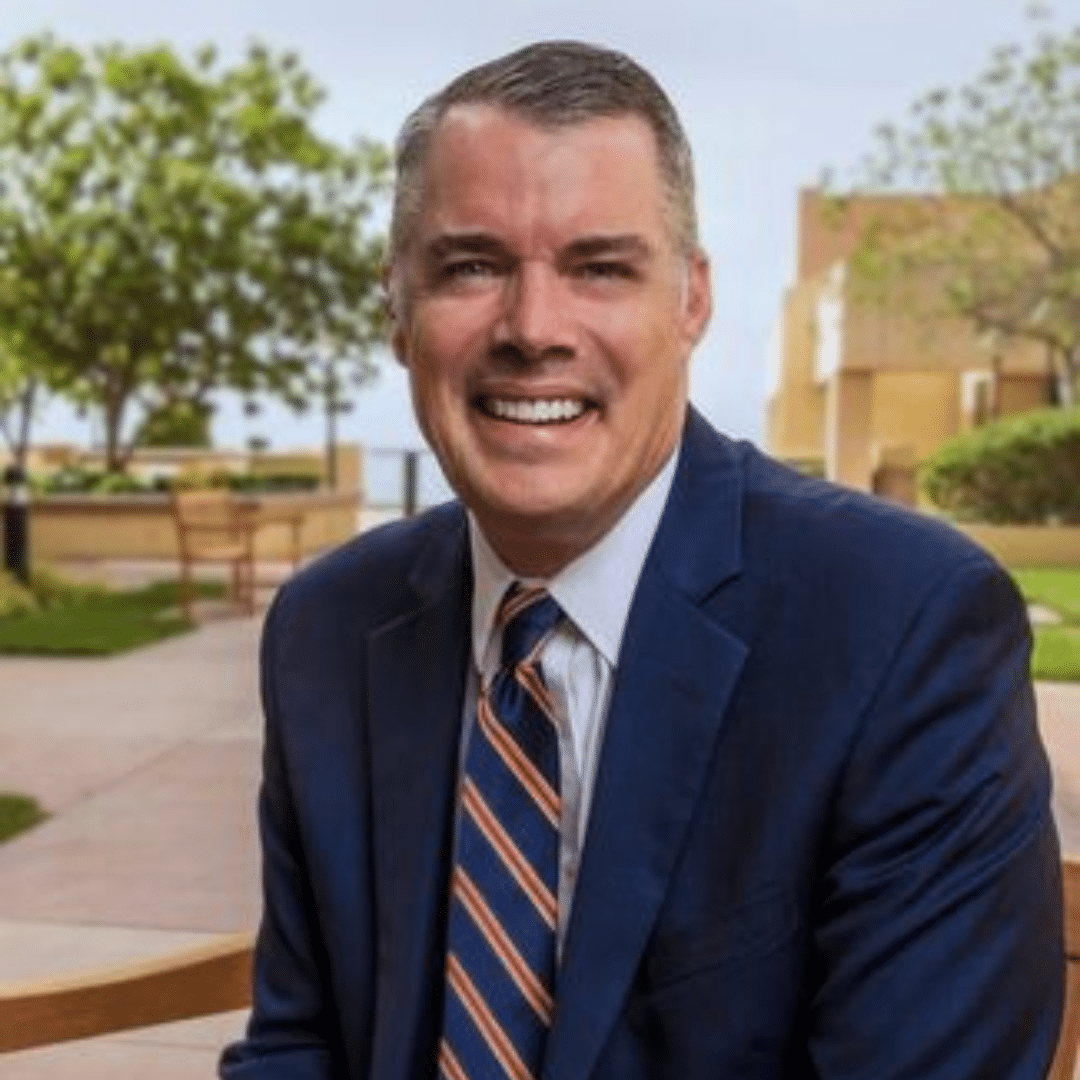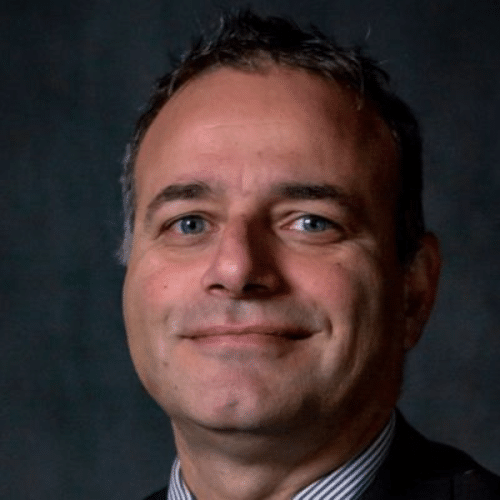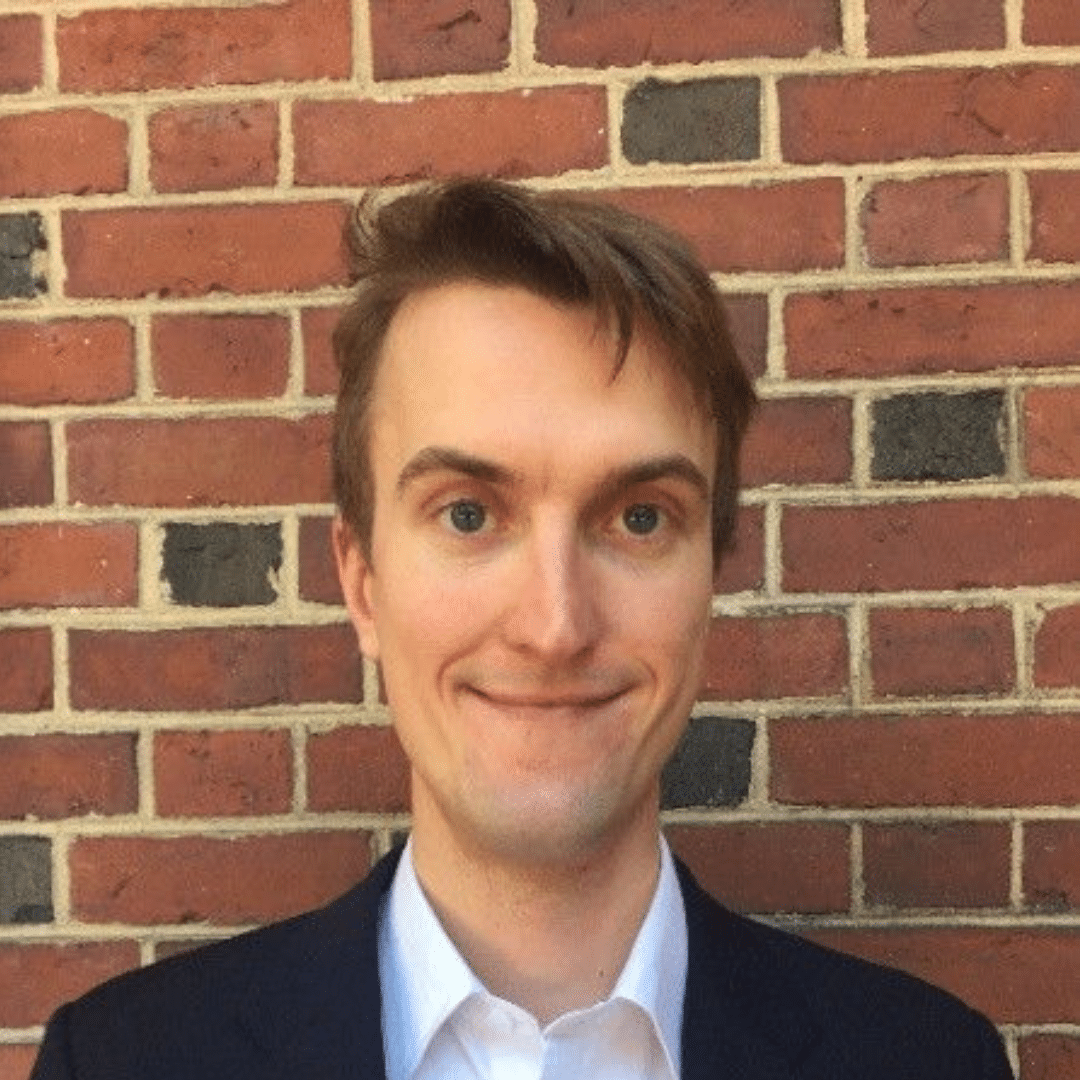Calling All Faculty to Reassess Western Civilization
College professors are familiar with the unending calls to “deconstruct” Western civilization and reassess it in light of post-colonial studies, critical race theory, critical gender theory, and sexuality studies. American universities are constantly engaged in a referendum on our civilization and our way of life, and their verdict isn’t promising for the future of America.
As academia partakes in the culture of repudiation, we see an opportunity to do our own reassessment of Western Civilization. What are the roots of American order? How do the sources of Western Civilization continue to inspire our current way of life? Where in our patrimony should we look for answers to our current challenges? And how can we best revitalize our heritage as we bring American greatness to new generations?
Enter ISI’s second American Politics and Government Summit. Our theme, “The Golden Thread: Reassessing Western Civilization,” will be co-chaired by Allen Guelzo and James Hankins. The Summit will provide a place for professors across disciplines to have a serious academic dialogue about emerging research—rooted in timeless principles— in the fields of politics, philosophy, and economics.
ISI’s Second APG Summit will take place from November 7-9, 2024, at ISI’s Linda L. Bean Center in Wilmington, DE. Registration for the Summit is only $50 dollars.
Reach out to Tom Sarrouf at [email protected] with questions.









